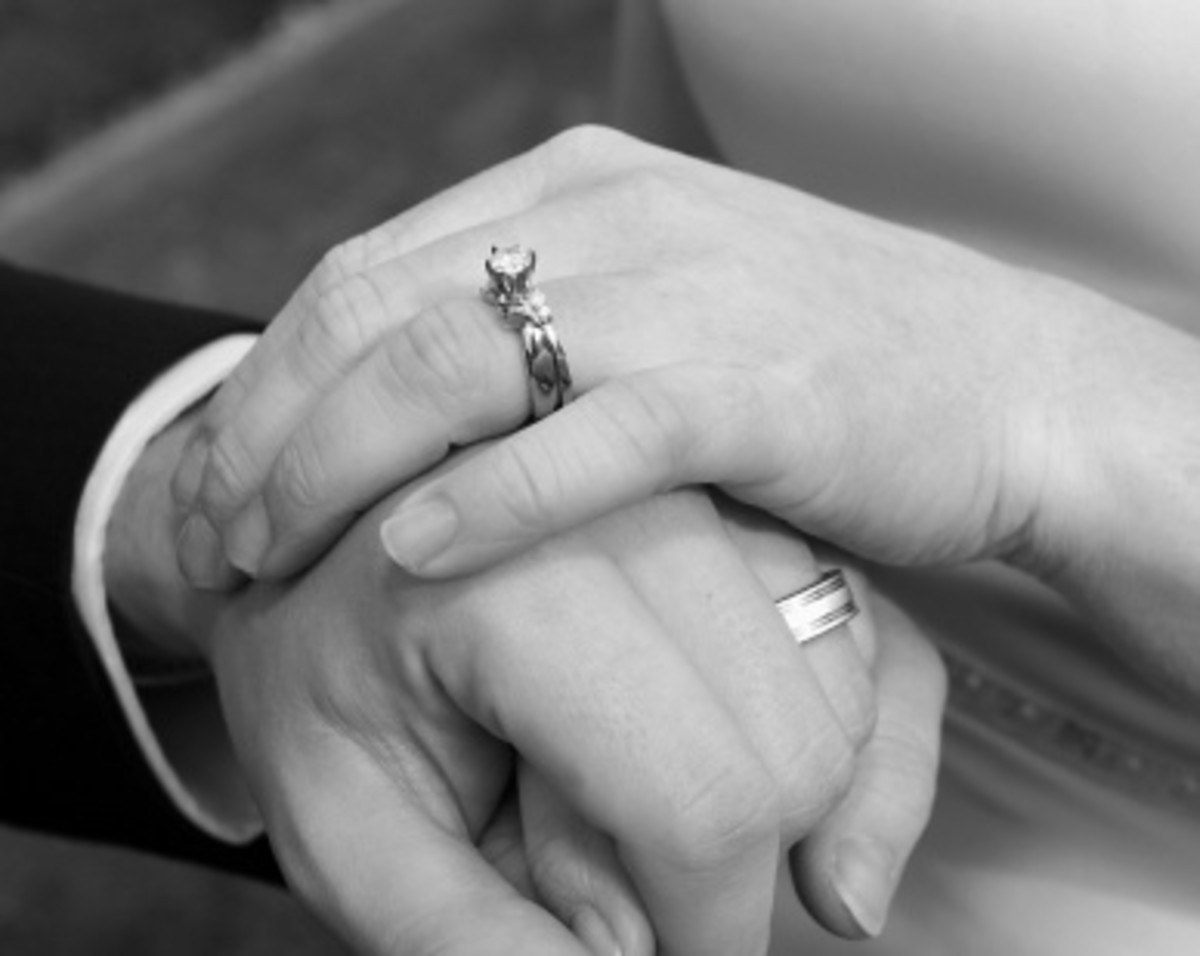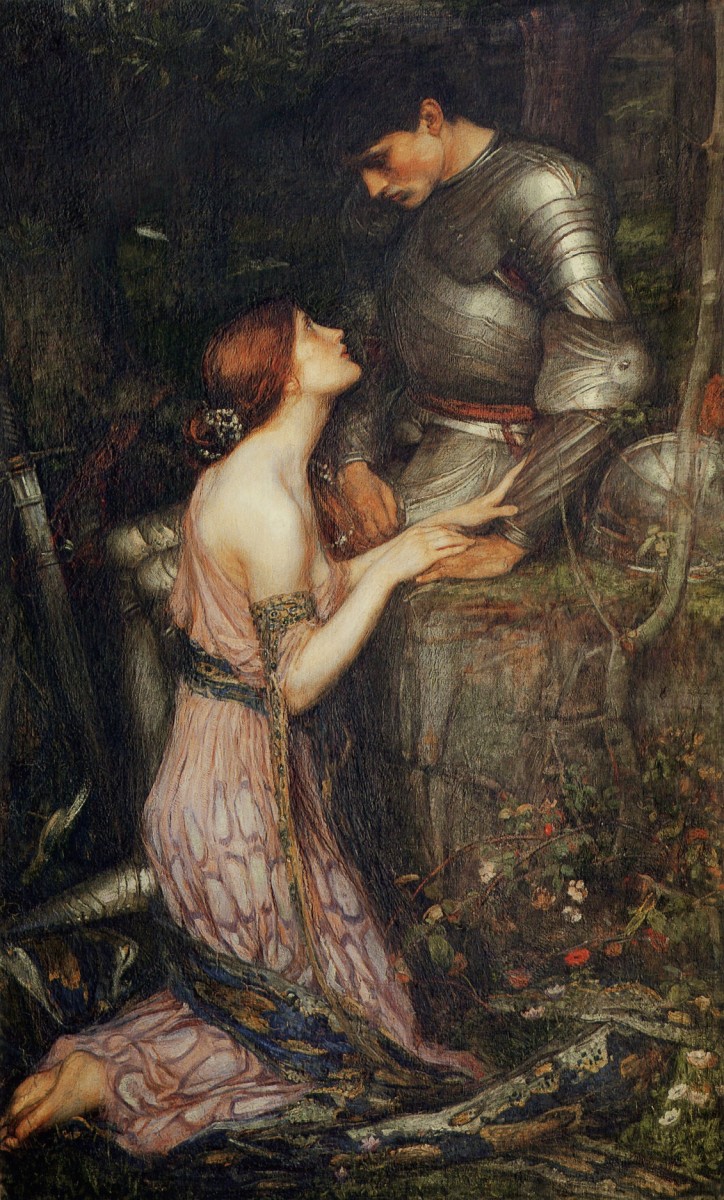Marriage - getting it right

"Marriage is an alliance entered into by a man who can't sleep with the window shut, and a woman who can't sleep with the window open."
—George Bernard Shaw
Marriage is something about which a lot has already been written. Some of it is meant to provoke a hearty laugh, others are meant to be serious prescriptions to make marriages work, a few are heart rending cries about the suffering and pain it caused or the trauma of separation, while some critical stuff questions the institution itself. Whatever be the truth, marriage is of fairly common occurrence - even in these times!
Why Marriage?
Desmond Morris the zoologist author of bestsellers like The Naked Ape and The Human Zoo said that our species – homo sapiens – is unique among primates to have developed the pair bond. This was necessitated by the extraordinarily long childhood or weaning period that differentiated the species from other mammals. The pair bond would provide stability and security and play a crucial role in the survival of the species. Obviously it meant monogamous allegiance, even if it were against the basic polygamous nature. Thus you end up with the institution of marriage as an accepted and widely prevalent system of social union and legal contract, which people enter into for various reasons. The form and the operational details show wide variation historically and across cultures but let us not get entangled in the complexity and instead look at the generally prevalent contemporary understanding of marriage.
Besides the obvious fact that it’s so very central to our existence as a species, marriage often plays a key role in redefining our life – socially, emotionally, and even economically - after we enter this ‘matrimonial,’ ‘householder’ phase of our life. There can be plenty of uncertainties and one can see some very pleasant surprises – some unpleasant too – awaiting us, as we endeavor to build a lasting relationship.
So how do we get it right? And if things go wrong, how can we fix it? Do we fix it or let it go? These are the usual questions that arise at various stages. Since prevention is better than cure it’s very important to look at how to get it right.
How do we get it right?
This is a question with probably no definitive answer. Obviously one cannot, with finality, estimate the potential that a partnership holds for the distant future. Will it be a life of bickering and hostility? Or a drab life of boredom, with very few shared interests? Or a life of mutual dependence, joyous companionship and shared joys and sorrows? We naturally expect the best but other than soothsayers, who would venture to predict with certainty?
A long courtship provides an excellent opportunity to get to know each other before taking the plunge. The romantic attraction cements the relationship to provide a solid bulwark to withstand the stresses of domestic life. Moreover the individual commitments mean that both partners usually take the responsibility of making it work and sustain the relationship. But then haven’t marriages that followed long courtships floundered later for silly reasons? That’s because marriage is something more than spending time with each other. Long-term commitment in a marriage is not that simple, as it seems, because after the novelty wears off, the link become fragile. Moreover, the circumstances change continuously on account of various factors. For example, children introduce added responsibilities, which alter the flavor of the experience. Couples themselves change and keep evolving with the passage of time so that you discover that “it is not the same person” whom you married, prompting a relook.
Arranged marriages find favor in traditional societies. In this case, courtship and getting to know each other happens after marriage. It is claimed that they work well because there are no commitments and expectations to start with and therefore both partners have a more open mind and are willing to adjust and be flexible in their approach towards each other. Also the involvement of parents and other elders and matchmakers brings a more balanced and objective view instead of the rosy subjective perspective of romantic courtship. Now it’s true that some arranged marriages work very well but again there are others that run into problems within weeks. This is because there are actually prior commitments and expectations, which sour the relationship later. Also all arranged marriages are not looked into sincerely / carefully by all stakeholders and sometimes other compelling factors vitiate the decision making process. Finally no matter how many people are involved you cannot have a completely failsafe method because of human limitations.
Astrological predictions are expected to lift the haze off an uncertain future. Zodiac signs of the boy and girl are matched to see if the pair can hit it off. The believers approach it with great faith and who cares if it’s valid or not? Faith can move mountains, and therefore the very belief that astrological compatibility will make it a great marriage, probably influences the outcome. Not all of them work out but the ones that do will be held up as validation of this method. In India Vedic astrology has developed a very elaborate method that looks at the horoscopes of the boy and girl from various angles to work out the compatibility. The marital compatibility is usually examined with the “kuta system.” The position in which the moon is placed at the time of birth is determined with reference to 27 asterisms and called as nakshatra. The kuta system matches thenakshatra of the boy and girl from a dozen standpoints and arrives at a score to determine the compatibility. When applied carefully, this is supposed to ensure reasonably good chances of getting into decent workable arrangements, thus avoiding disastrous adventures. But not all the matches Okayed by astrologers work out as expected. Now this could be because of various factors. Maybe the time of birth was not accurately recorded for getting proper results from such a detailed analysis. Or maybe the astrologer wanted to make a quick buck and confirmed what you want to hear for a consideration.
Whatever system is followed, it’s important while approaching marriage to bear in mind that
• marriage, like any other partnership, involves give and take and adjustment and unless one is ready to recognize this fact and put in special effort to make the marriage work, it may end up giving a lot of pain.
• there is no way in which one partner can win at the expense of the other. Like with other partnerships, either both lose or both win, and it is futile to waste a lifetime trying to teach the other a lesson.
• It helps if one is honest about oneself and transparent to the partner because deceit and lies will only weaken the edifice and cause cracks to make it crumble in the long term.
• Our interpersonal skills are crucial and if we generally have a problem in relating with the larger world, these are bound to cause strains in a marriage. Taking a hard look at oneself could make things better; the blame game will not.
Summing up
The profound wisdom in this simple poem sums it up all very well :
"Life is like a journey, taken on a train
With a pair of travellers at each windowpane.
I may sit beside you all the journey through,
Or I may sit elsewhere, never knowing you.
But if fate should make me sit by your side,
Let's be pleasant travellers; it's so short a ride."
—Anonymous









